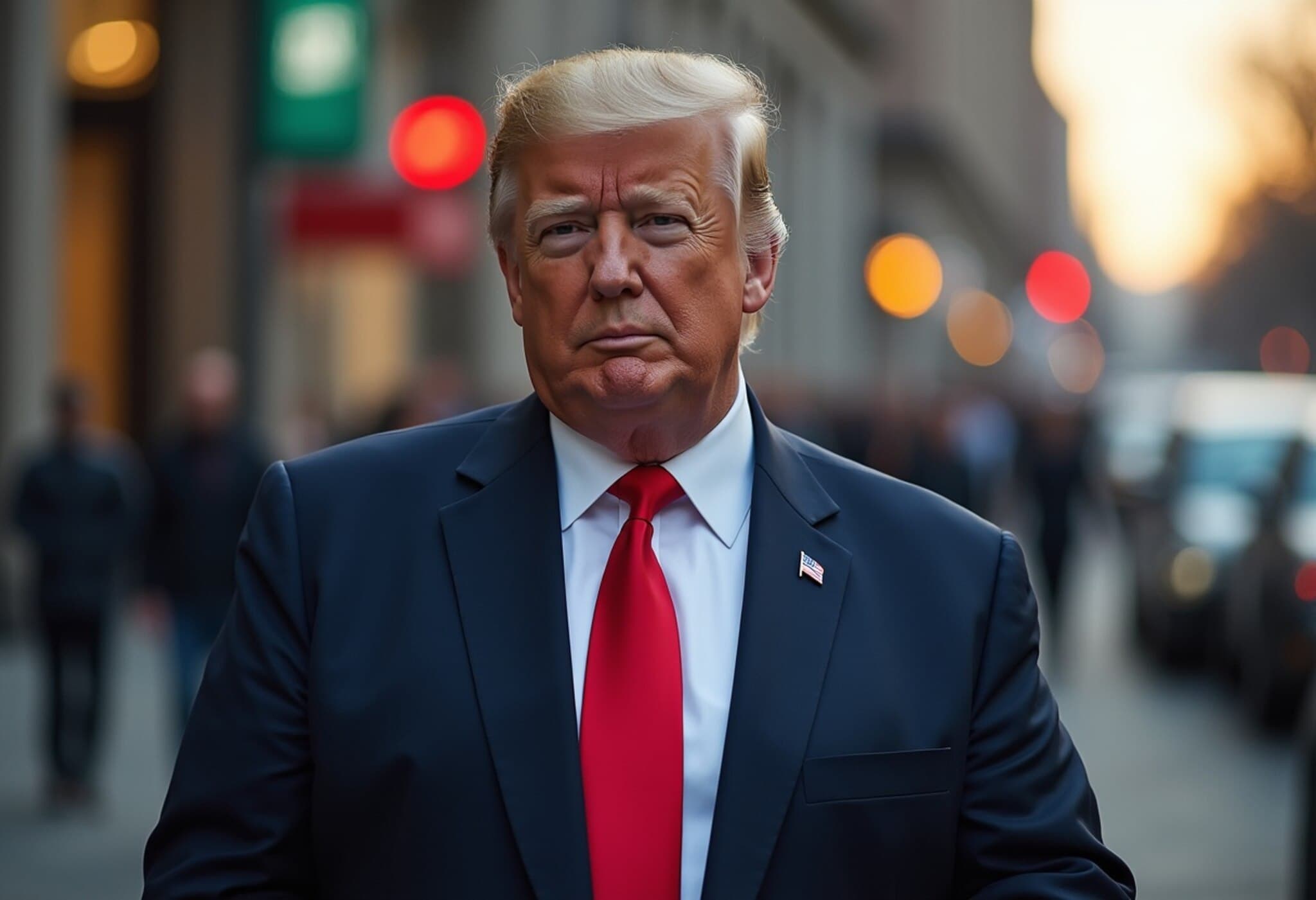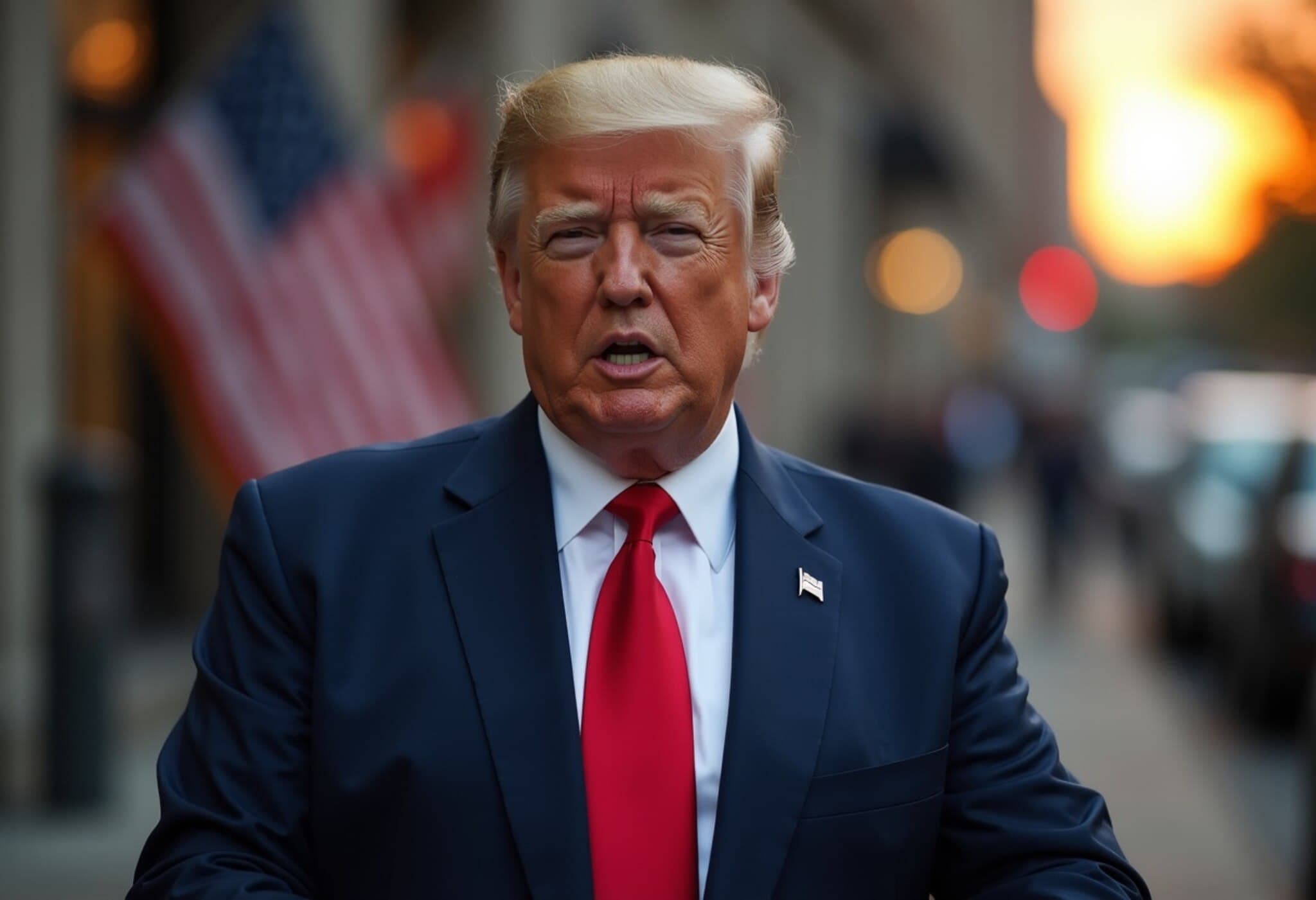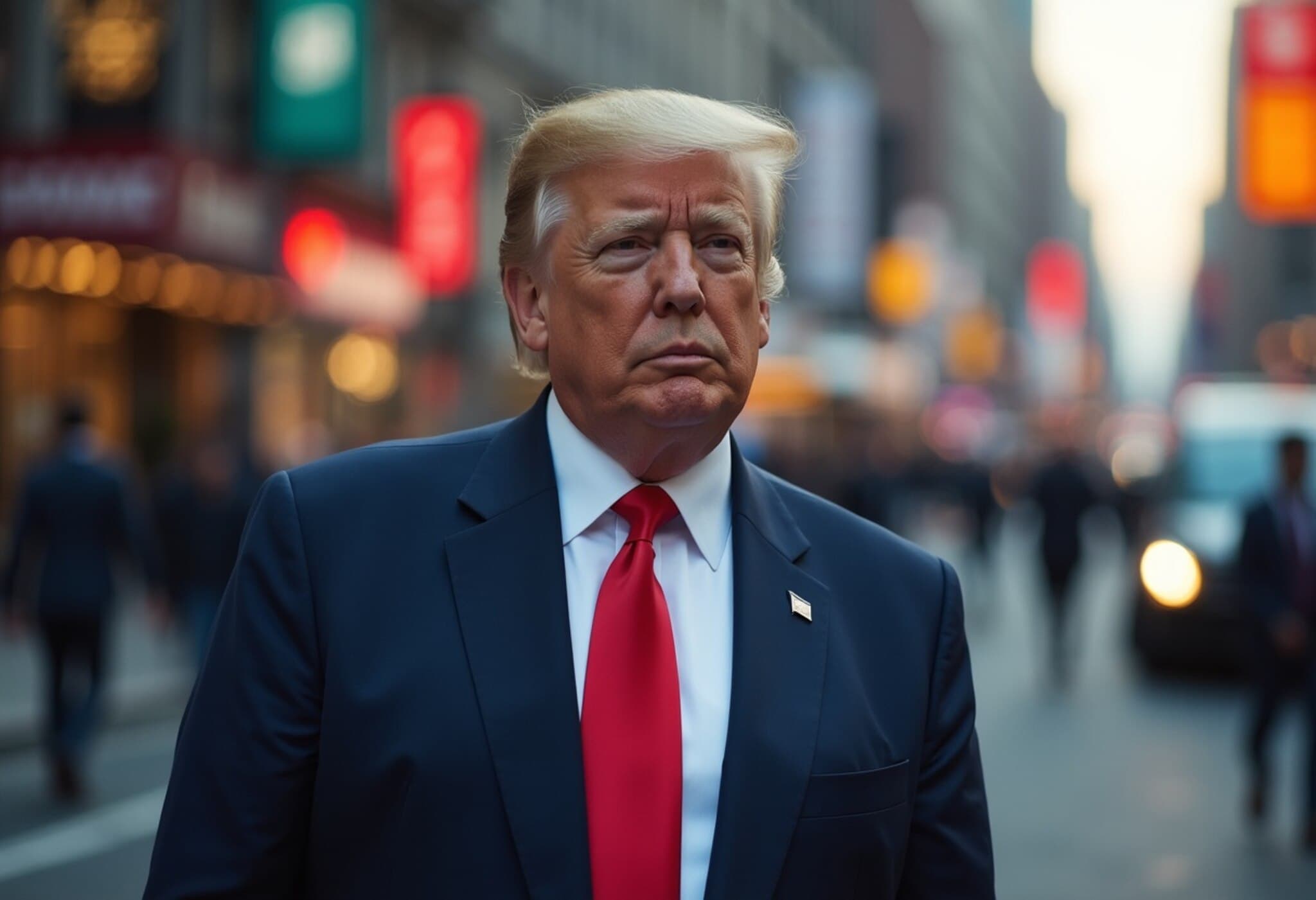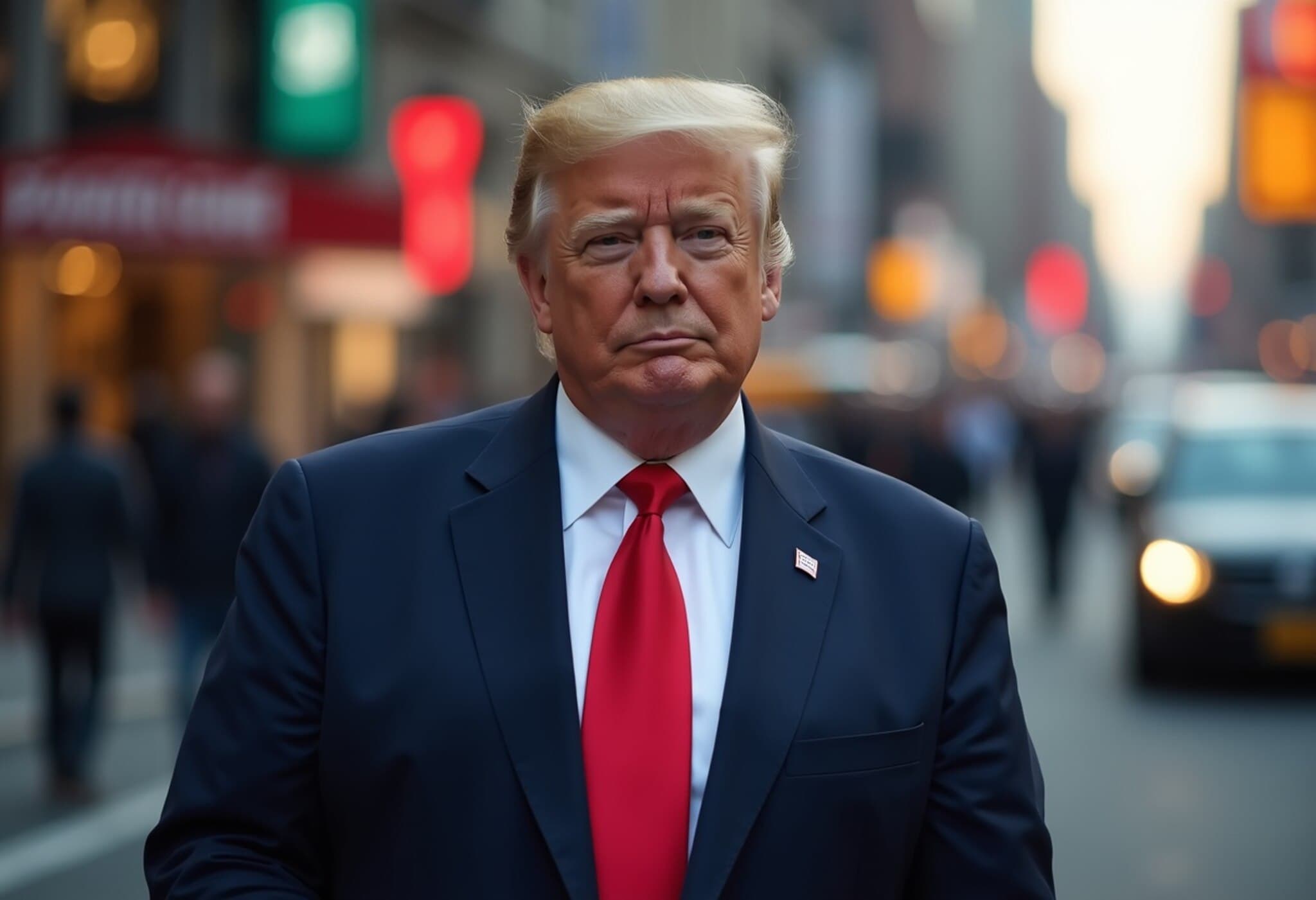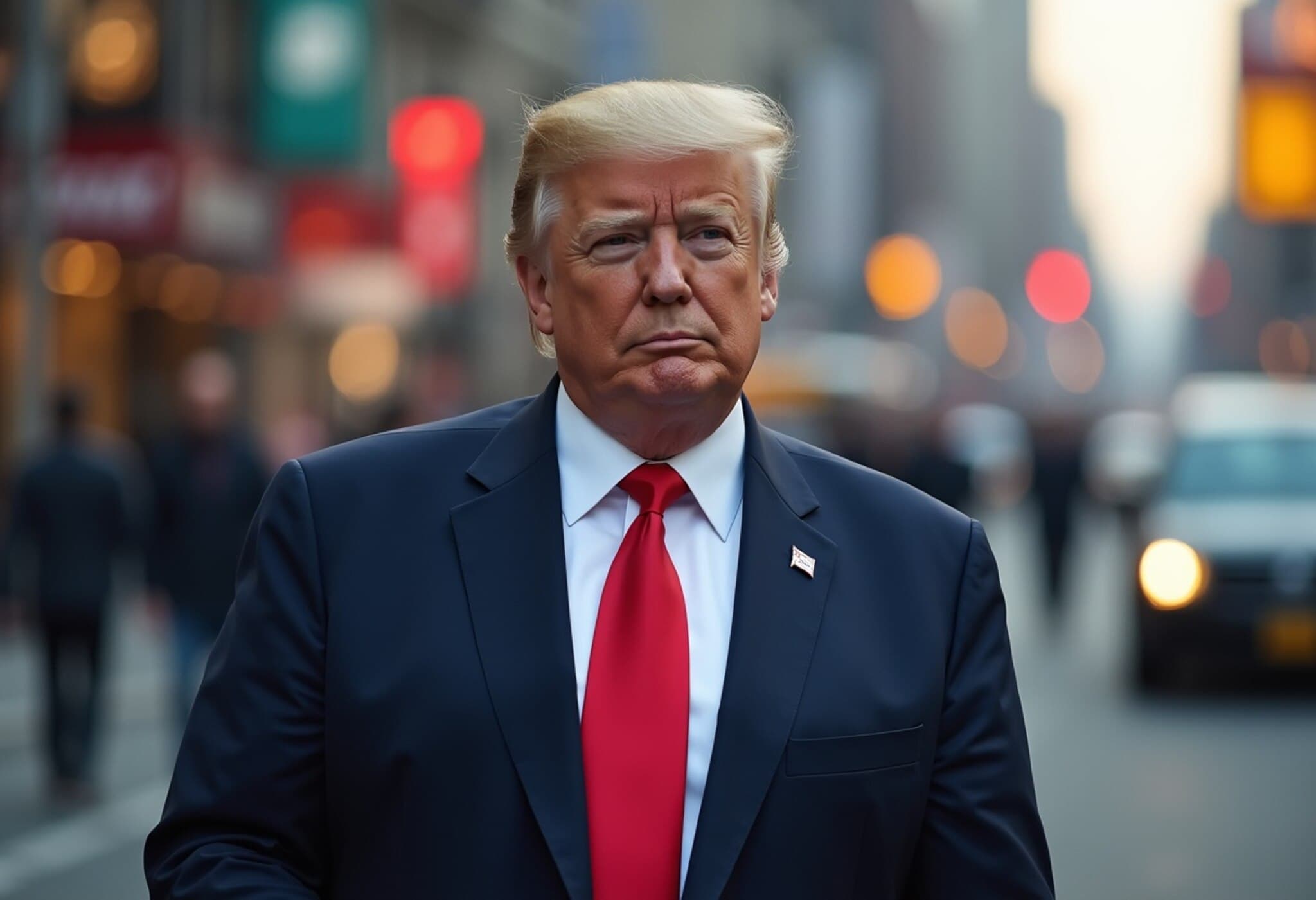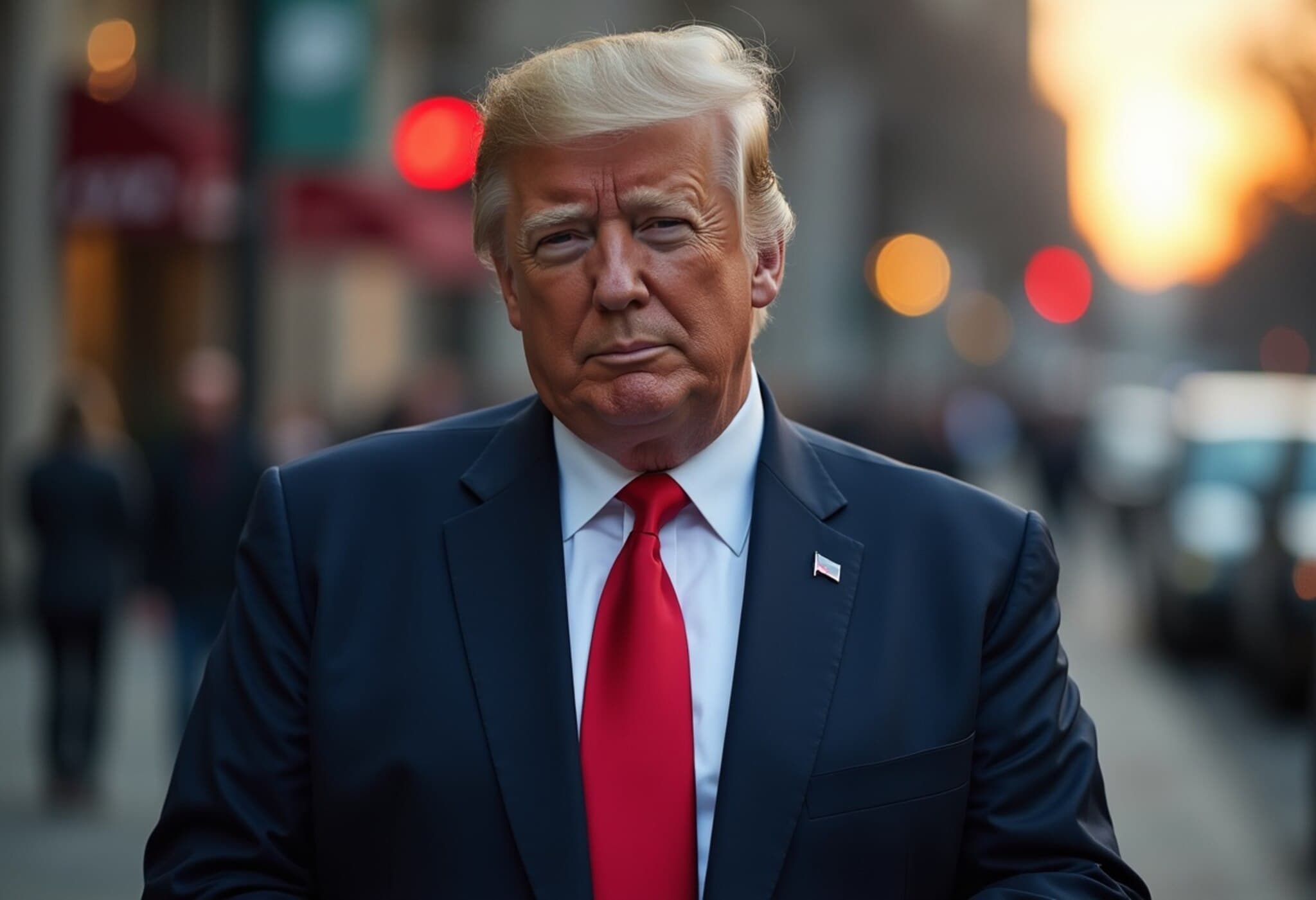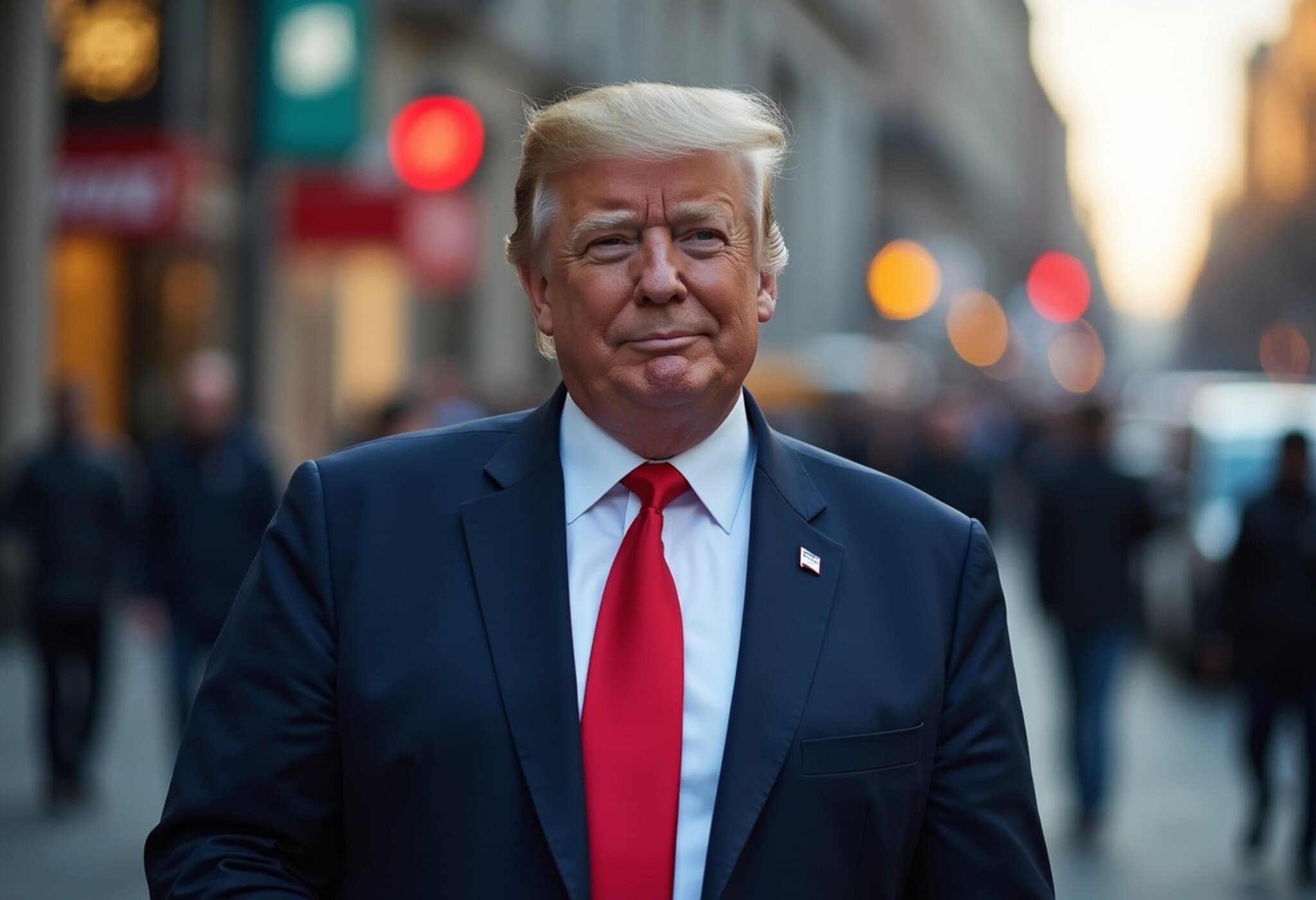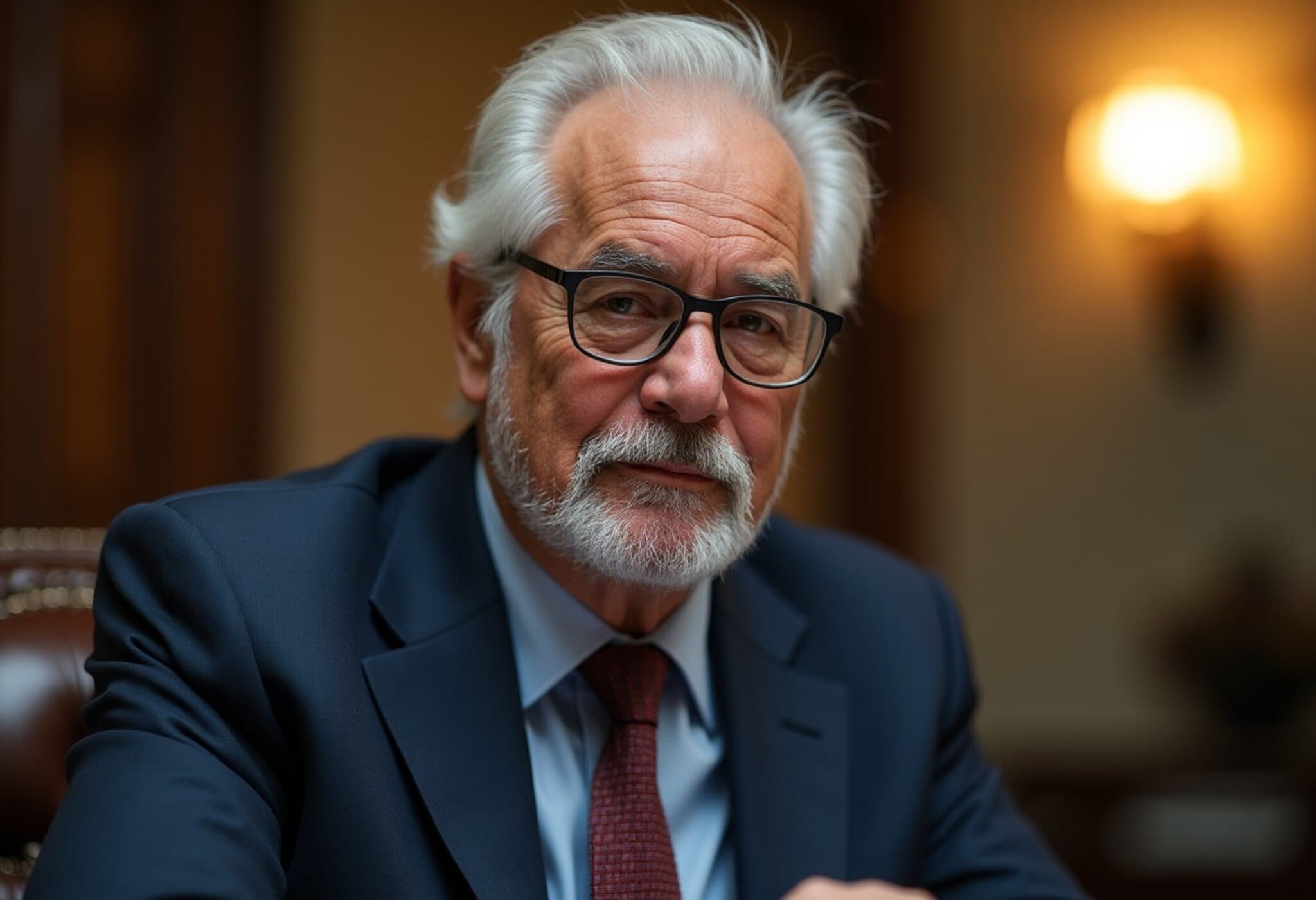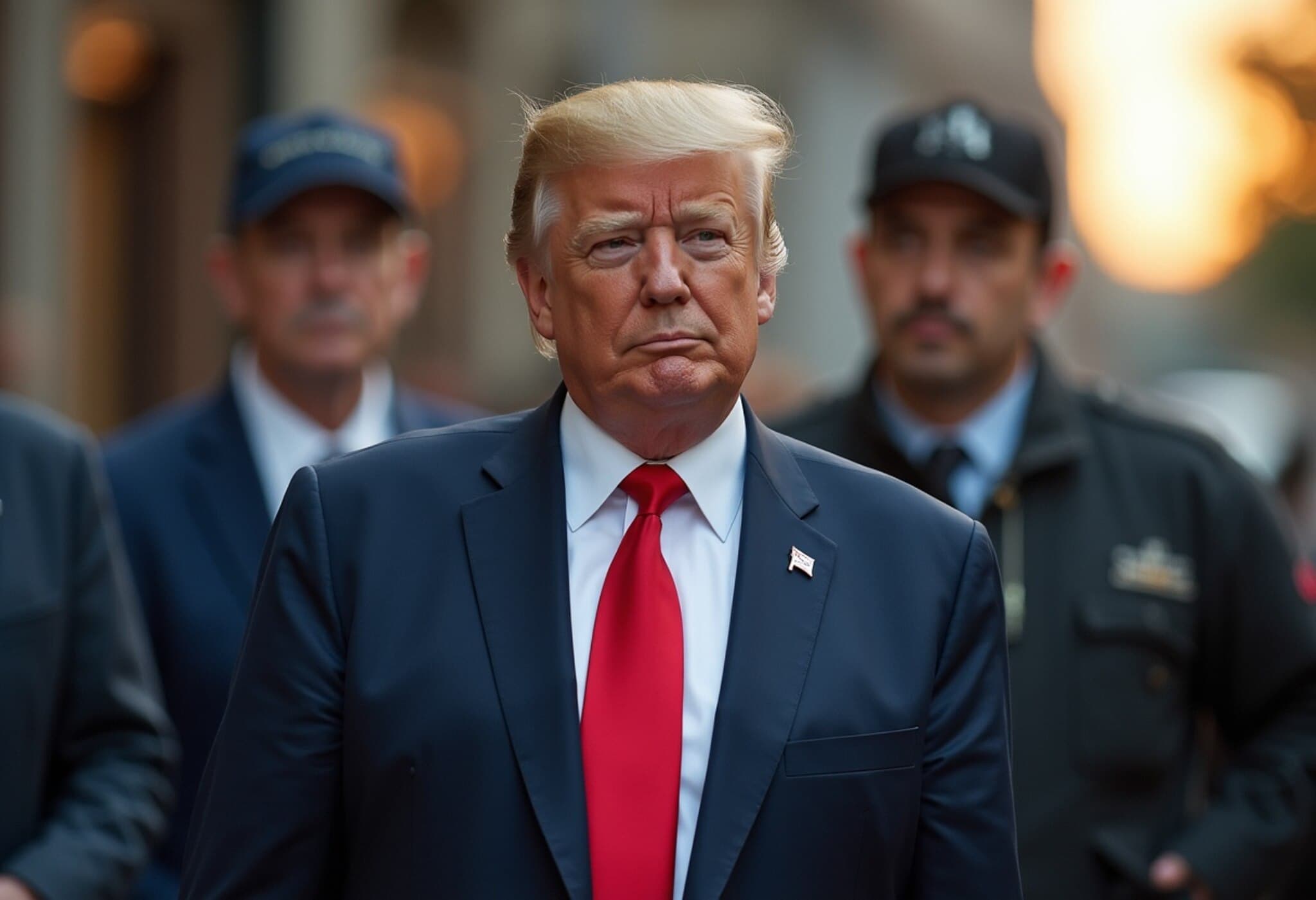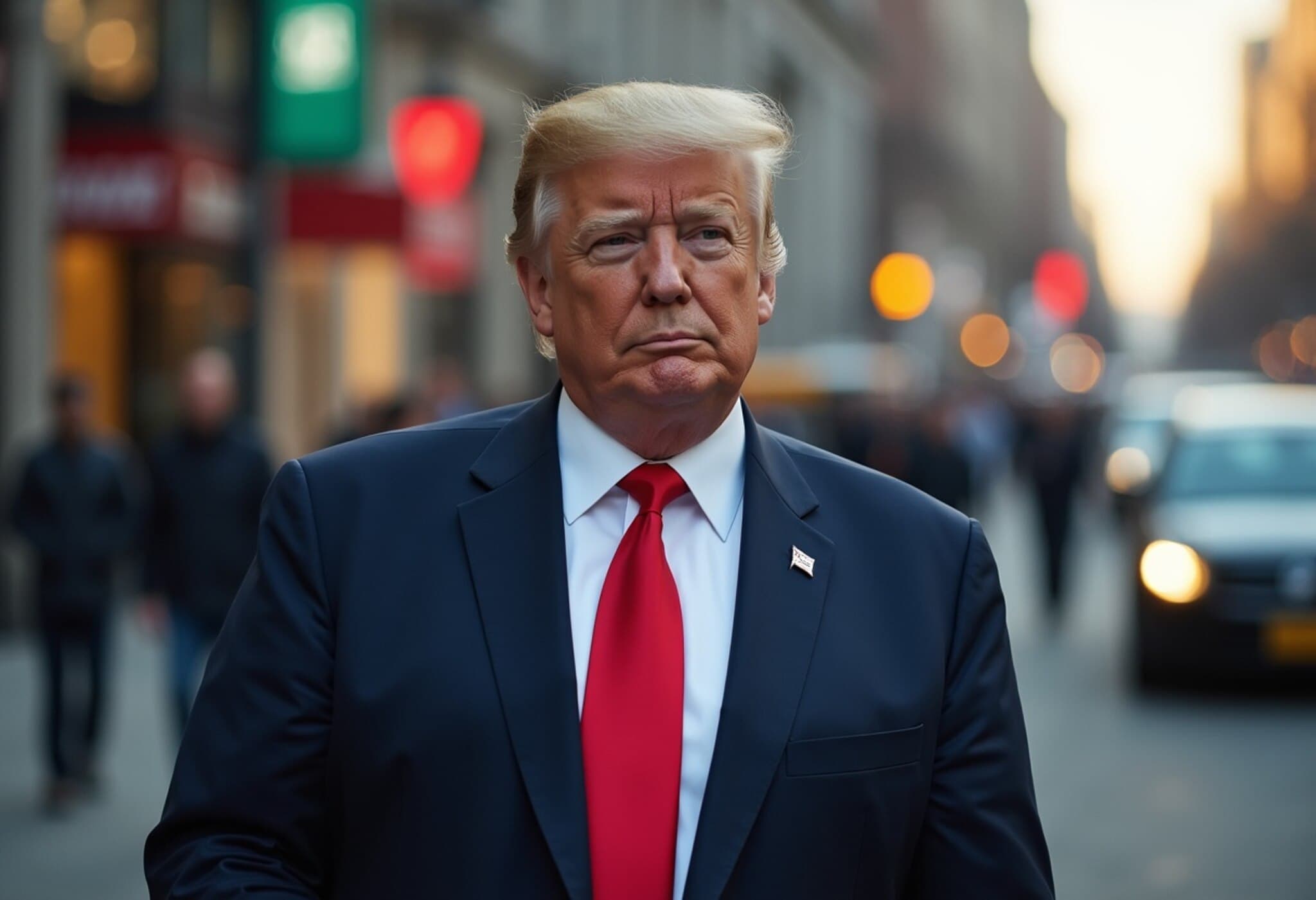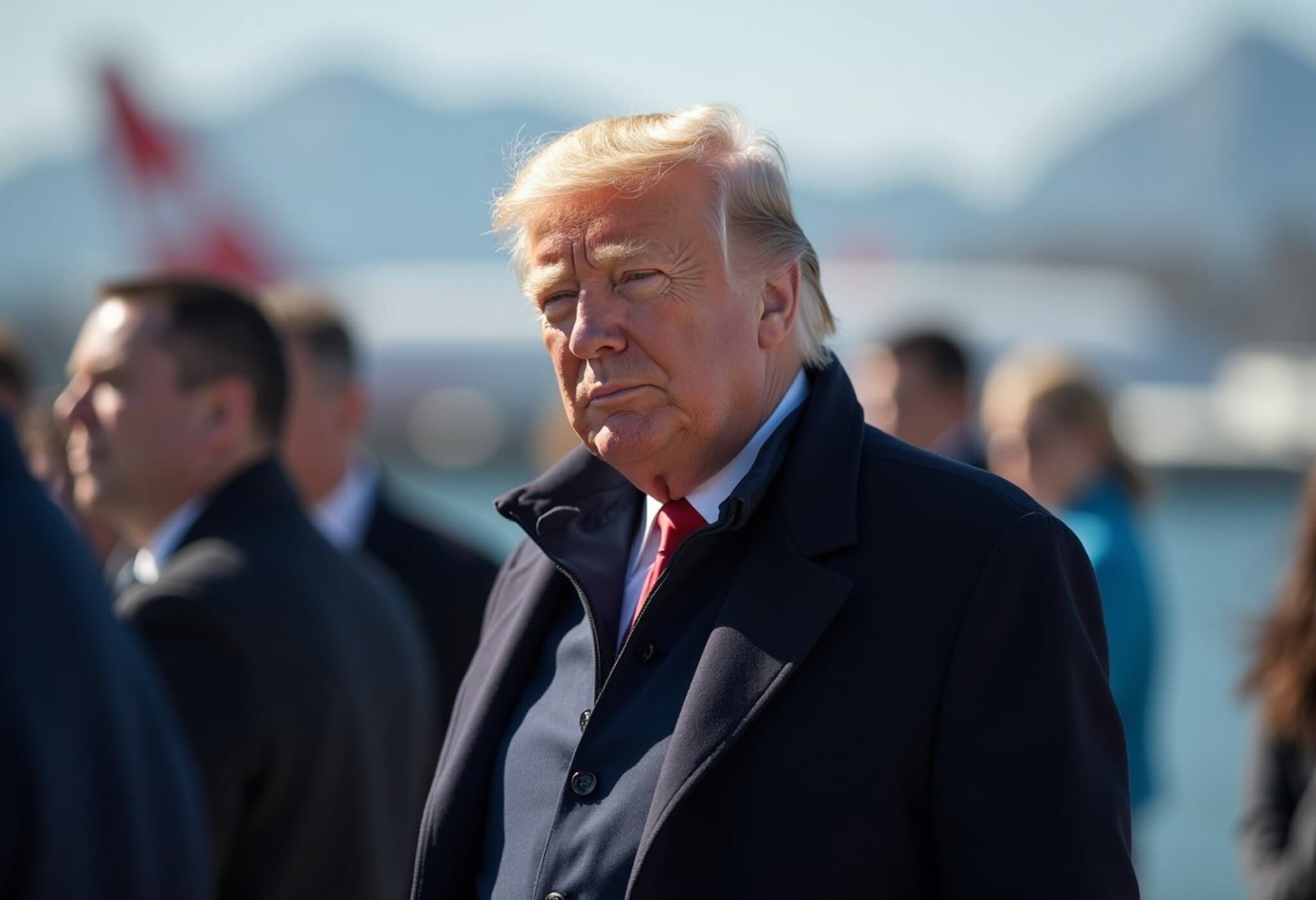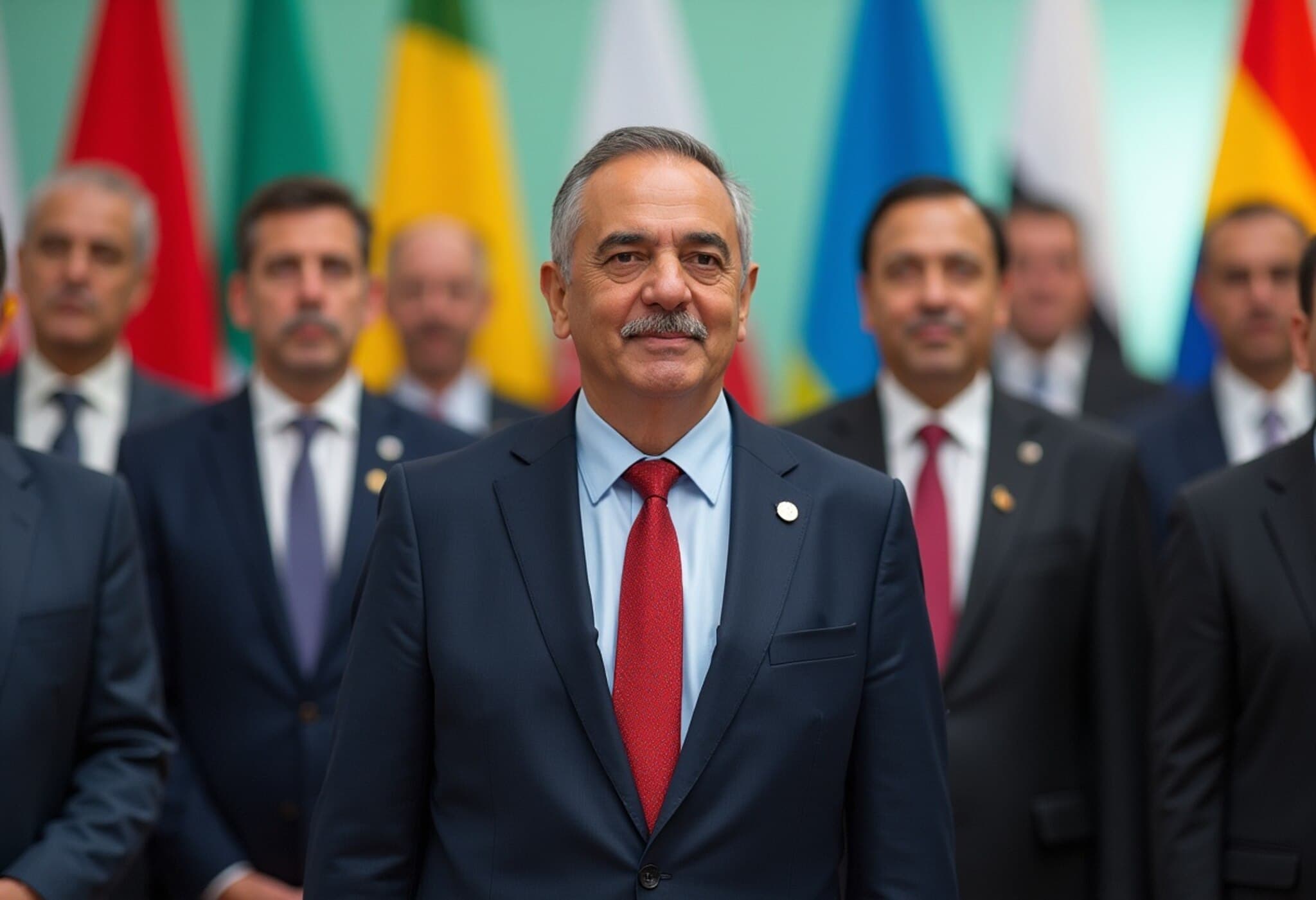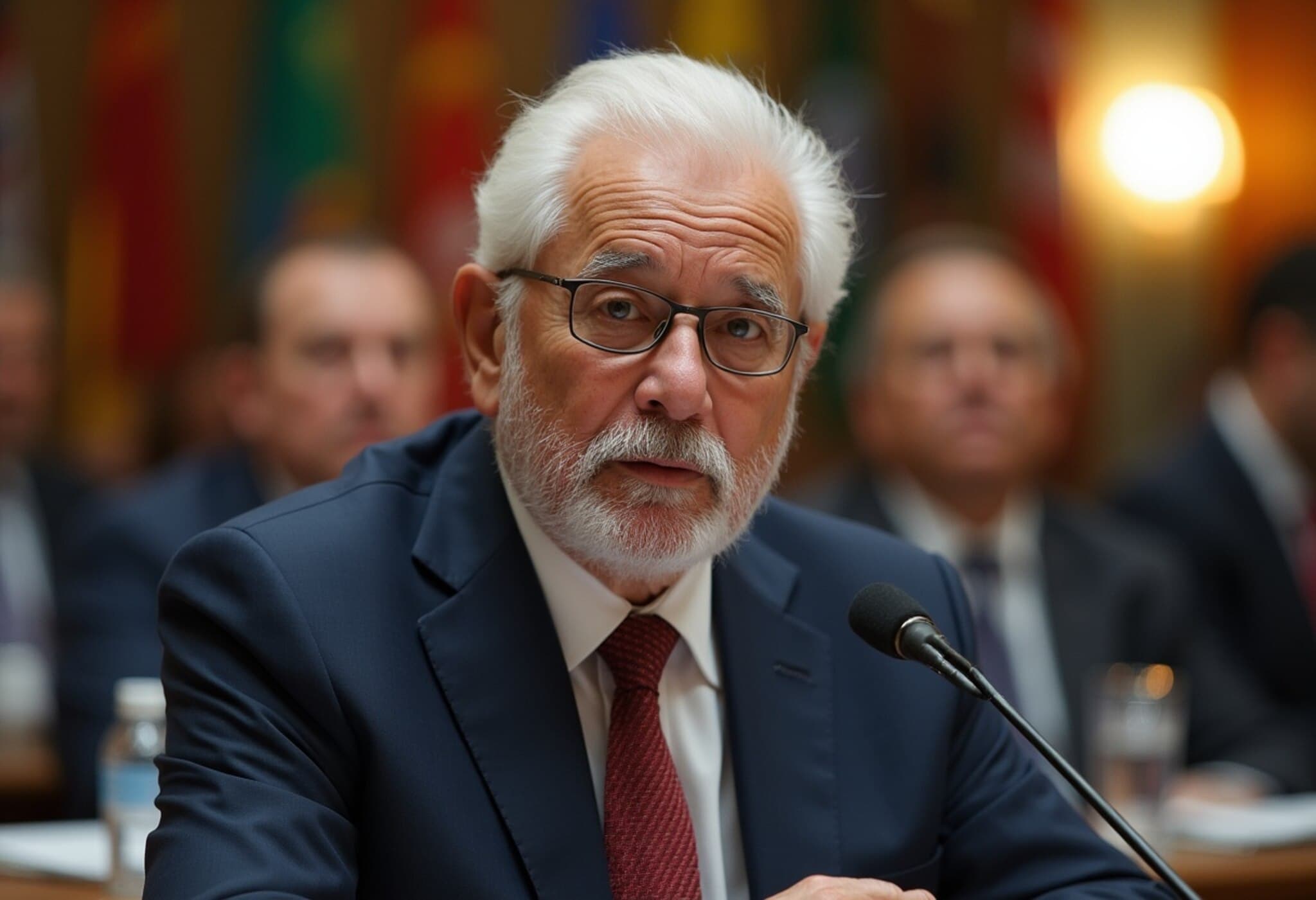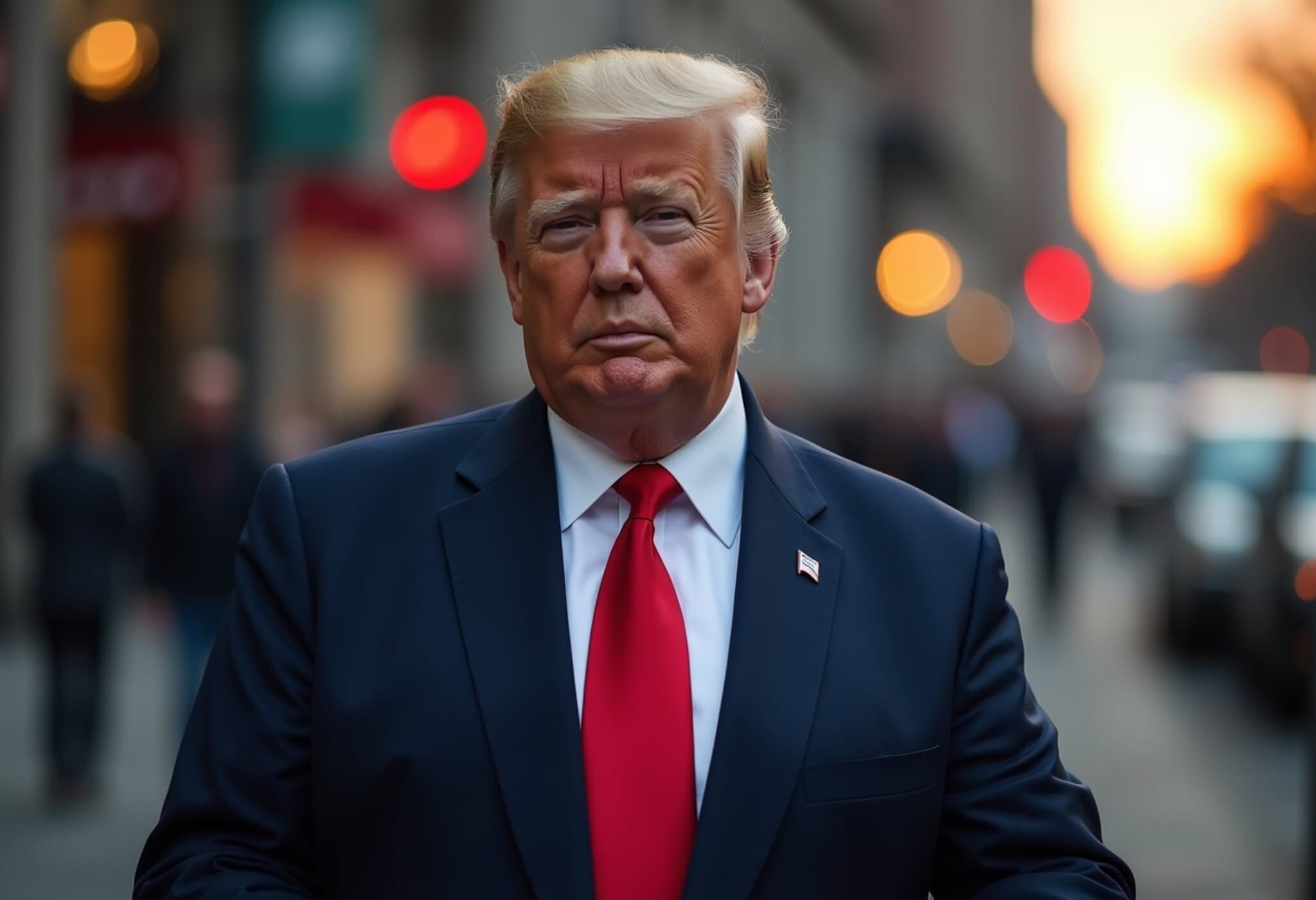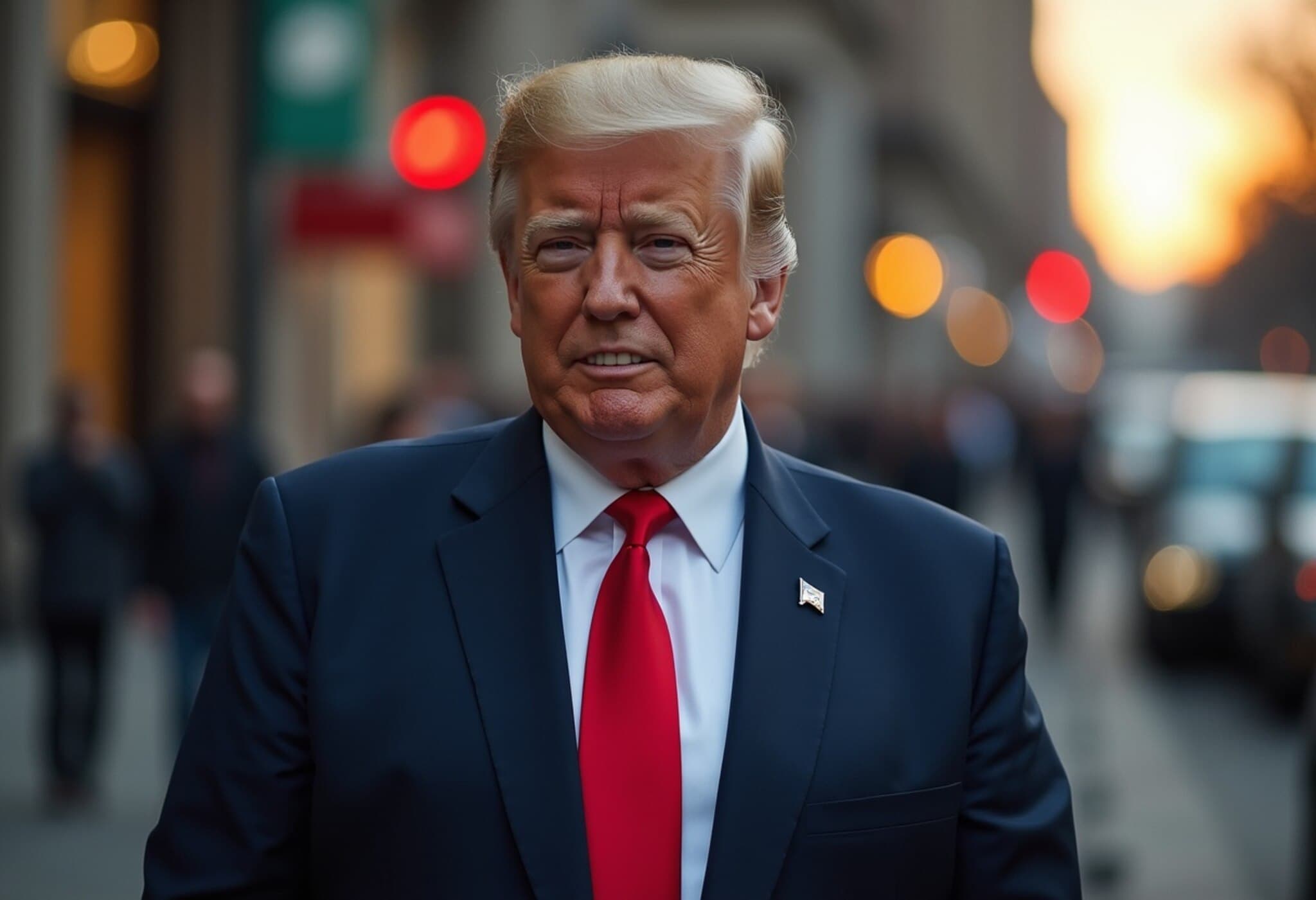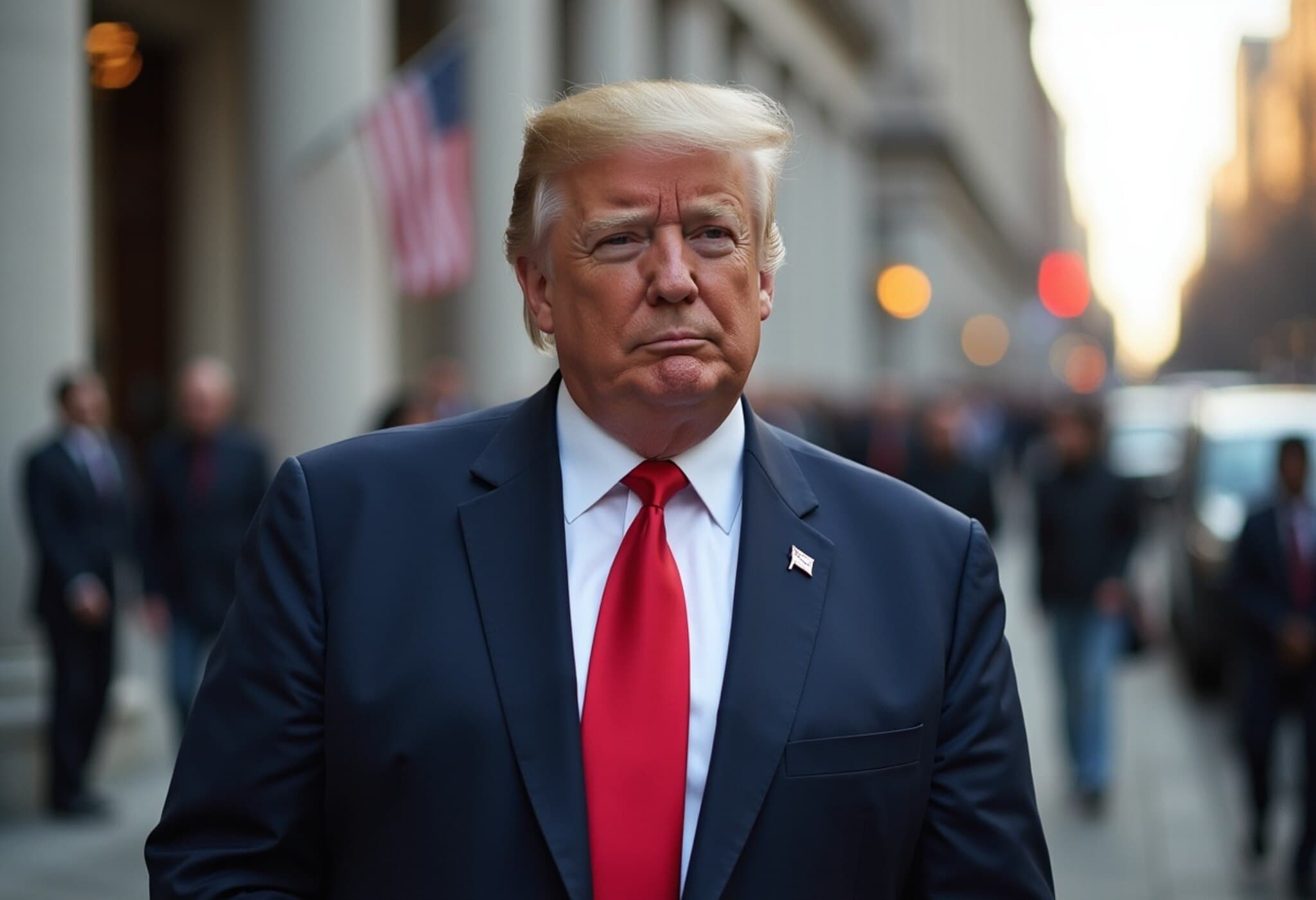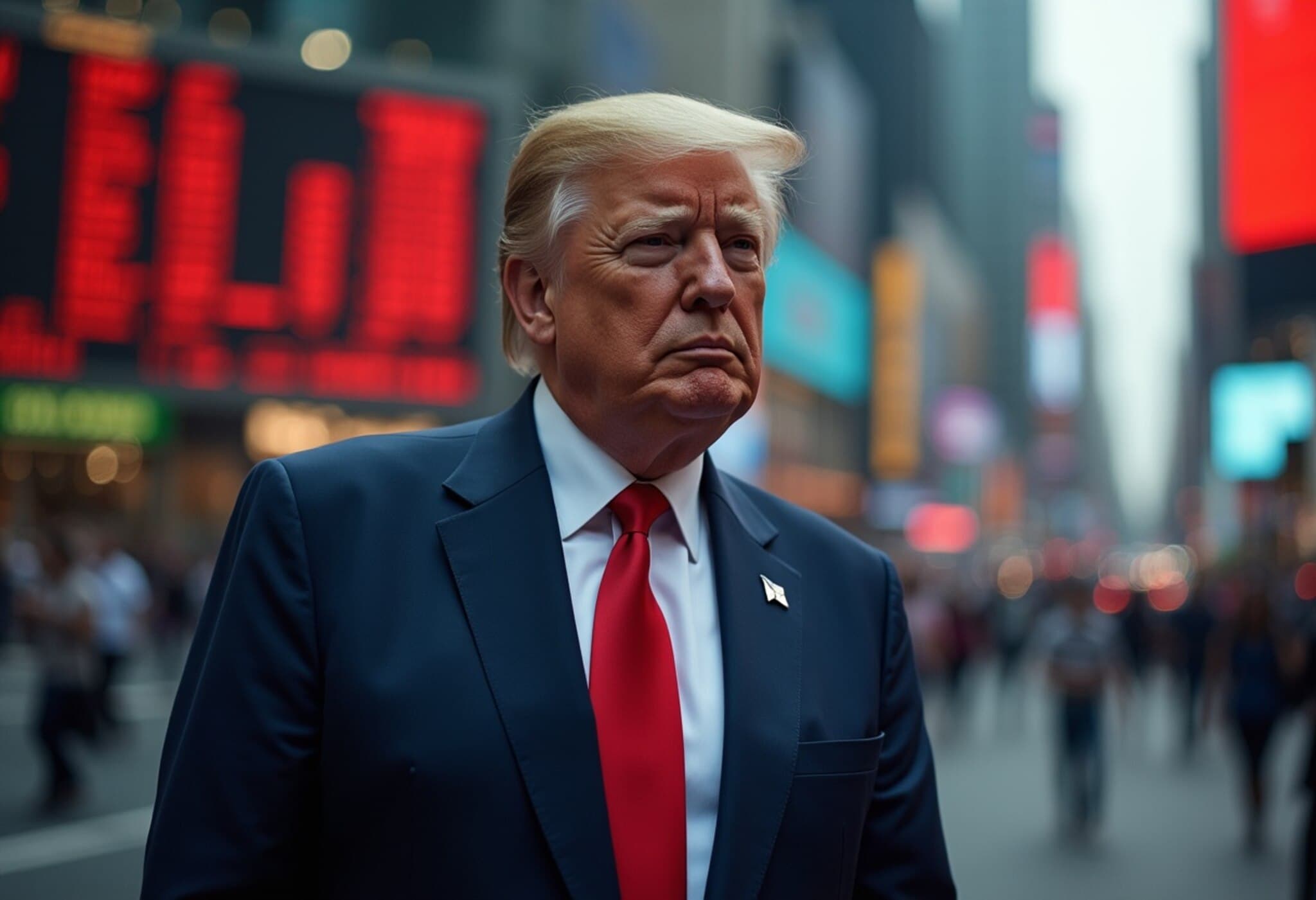Trump Administration Escalates Trade Pressure on Brazil with Additional Tariffs
In a surprising move that underscores ongoing political friction between Washington and Brasília, former U.S. President Donald Trump signed an executive order recently imposing an additional 40% tariff on imports from Brazil. This action pushes the total tariff on Brazilian goods to a staggering 50%, significantly heightening economic tensions between the two countries.
From Trade Partner to Tariff Target
While the Trump administration has recently shifted towards easing trade disputes with key allies such as Japan and the European Union, Brazil now finds itself facing one of the most severe trade penalties of the era. Initially subjected to a 10% tariff in April, Brazil’s levy has now multiplied fivefold unless a resolution is reached by week’s end.
This 50% tariff rate starkly contrasts with the modest 15% tariffs agreed upon in recent trade deals with Tokyo and Brussels, signaling a deliberate and symbolic censure of Brazil.
Politics Over Economics: The Roots of the Dispute
Contrary to many traditional trade disputes, this standoff does not arise from imbalanced commerce. In fact, the United States consistently recorded a trade surplus with Brazil in 2024, amounting to approximately $6.8 billion from a bilateral trade volume of $91.5 billion, according to the US Census Bureau.
Instead, the dispute is fueled by political disagreements. At the heart of the conflict is U.S. condemnation of legal proceedings against former Brazilian President Jair Bolsonaro, a political ally of Trump with similar ideological views. Bolsonaro faces accusations related to attempts to overturn Brazil’s 2022 presidential election, which ushered in the leftist government of President Luiz Inácio Lula da Silva.
Trump openly criticized these judicial investigations, notably declaring “LEAVE BOLSONARO ALONE!” via a social media outburst earlier this month, tying directly the tariff escalation to these internal Brazilian political events.
Diplomatic Freeze and Economic Fallout
Relations between Washington and Brasília have cooled markedly, with little visible progress toward a diplomatic solution. A Brazilian government official lamented the lack of constructive engagement, stating, “There’s no real dialogue if the U.S. won’t even acknowledge our communications.”
The economic stakes for Brazil are substantial. The National Confederation of Industry (CNI) warns that should the 50% tariffs be enforced, Brazil risks losing over 100,000 jobs and suffering a 0.2 percentage point contraction in GDP growth. The agricultural sector, represented by the National Confederation of Agriculture (CNA), projects that exports to the U.S.—Brazil’s second-largest trading partner—could be slashed by half.
Broader Economic Implications for Brazil
The timing of these tariffs could not be more precarious. Earlier this year, Brazil’s economy showed promising signs, but recent months have seen the Brazilian real weaken, foreign direct investment slow, and notable capital outflows in June and July. The country now faces a current account deficit estimated at 3.4% of GDP, more than double last year’s figure, leading analysts to caution that foreign investment may no longer cover the shortfall.
This combination of political strife and economic vulnerability paints a concerning picture for Brazil’s near-term growth prospects.
Expert Insight
Trade policy specialists note that Washington’s tactic here is emblematic of a broader trend of weaponizing economic leverage to influence foreign political dynamics. Imposing tariffs unrelated to direct trade imbalances signals a departure from classical economic justifications for protectionism, highlighting how geopolitical and ideological factors are increasingly intertwined with economic policy.
For American stakeholders, maintaining stable relations with Latin America’s biggest economy remains critical. Brazil’s role as a major supplier of commodities, as well as a gateway to the South American market, makes this tariff escalation a risky gambit that could have ripple effects beyond bilateral trade volumes.
Looking Ahead: What to Watch
- Whether diplomatic channels between the U.S. and Brazil reopen meaningfully before the tariff deadline.
- The possible economic impact on U.S. industries reliant on Brazilian imports.
- How Brazil’s government and industries adapt to the potential tariff shock.
- Broader implications for U.S.-Latin America relations under the current and future administrations.
Editor's Note
This latest development highlights the growing complexity where trade policy intersects with geopolitical strategy. While tariffs traditionally protect domestic industries or redress unfair trade practices, here they serve as a tool in a political chess game that could undermine economic stability on both sides. Readers should consider how evolving global dynamics increasingly blur the lines between economics and ideological contest, and what that means for international cooperation moving forward.

